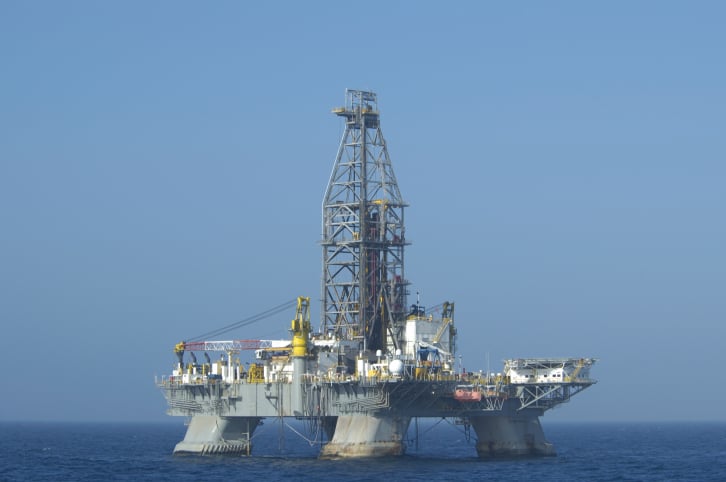
Source: Thinkstock
Downstream, which comprises refining and marketing, has been of diminishing interest to the supermajors, and many have shed refining operations or spun them off as separate businesses. ConocoPhillips (NYSE: COP) spun out Phillips 66 (NYSE: PSX) and Marathon Oil Corp. (NYSE: MRO) has spun off Marathon Petroleum Corp. (NYSE: MPC), for example.
In Europe, refining finds itself in even more dire straits. Plants are being sold or closed all over the continent. Refinery margins traditionally have been volatile based on the price of crude. When crude prices are high, refining margins slip; when crude is cheaper, margins rise.
In the United States, the differential between the price of West Texas Intermediate (WTI) and Brent has offered refiners some magnificent margins in the past few years, but as the two prices converge (the differential is less than $5 a barrel today, compared with an all-time high a couple of years ago of around $27 a barrel) margins should tighten again.
But they are not. In its most recent quarter, Shell reported earnings from refining that were 56% higher sequentially. Production earnings rose by just half that amount. And Shell apparently believes that Ben van Beurden, who will take over as CEO next April, has the background to continue reaping the rewards available in the downstream businesses as well as the upstream operations.
Shell has closed or sold refineries in the United States and Europe. The company’s plans do not include large expenditures on downstream, primarily because it has reached a point where its portfolio of refineries and chemicals plants is long-term profit engine. Van Beurden gets the credit for that, and Shell’s board undoubtedly hopes that he can similarly rationalize the firm’s exploration and production operations, particularly in the massively expensive deepwater and integrated gas businesses.
Shell’s goals include maintaining the profits from refining and chemicals, as well as boosting profits from the company’s huge investments in natural gas and oil. We’re about to find out if a guy from the downstream side of the business has the chops to make it happen.
Take This Retirement Quiz To Get Matched With A Financial Advisor (Sponsored)
Take the quiz below to get matched with a financial advisor today.
Each advisor has been vetted by SmartAsset and is held to a fiduciary standard to act in your best interests.
Here’s how it works:
1. Answer SmartAsset advisor match quiz
2. Review your pre-screened matches at your leisure. Check out the advisors’ profiles.
3. Speak with advisors at no cost to you. Have an introductory call on the phone or introduction in person and choose whom to work with in the future
Take the retirement quiz right here.
Thank you for reading! Have some feedback for us?
Contact the 24/7 Wall St. editorial team.


